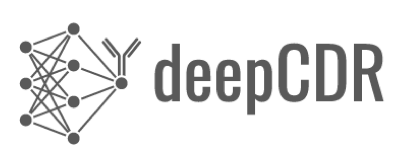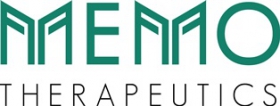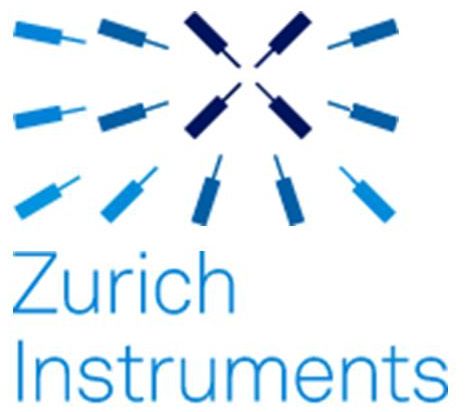Spin-off Companies
A strong indicator of how results from the department's basic research are channelled into tangible applications is illustrated by the launch of a number of companies that spun out of D-BSSE groups and labs. Find below our companies that carry the 'ETH spinoff' label (with the exception of CreARTO and Omne Possibilie).

Fy Cappa Biologics is an early-stage biotechnology company with a specialized focus on engineering antibody Fc regions. The company's objective is to create synthetic and programmable immune effector functions, thereby unlocking novel therapeutic potentials for antibody-based drugs.
Fy Cappa Biologics originates from Professor Sai Reddy’s lab.
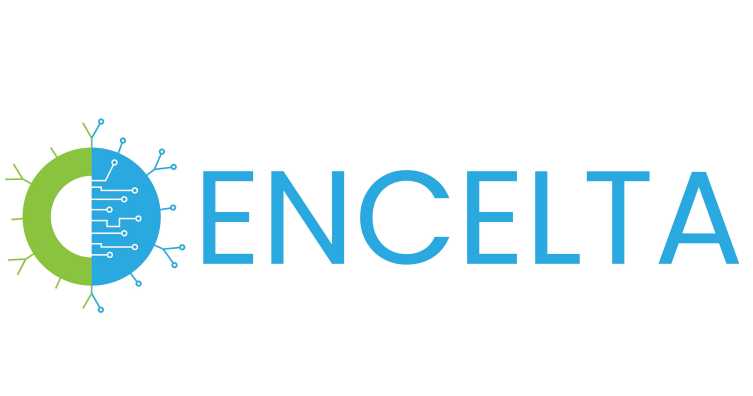
Encelta aims to revolutionise cancer care by addressing the critical need for robust T cell therapy. Many cancer patients face compromised immune systems and dysfunctional T cells. To combat this challenge, the startup has pioneered an off-the-shelf T cell product that is safe and effective. What sets this company apart is that it has engineered T cells that are free from life-threatening GvHD, allowing for universal donor-to-patient compatibility. Its T cell product seamlessly integrates with all approved T cell engagers (TCEs) and over 100 molecules currently in clinical trials.
Encelta originates from Professor Sai Reddy’s lab.
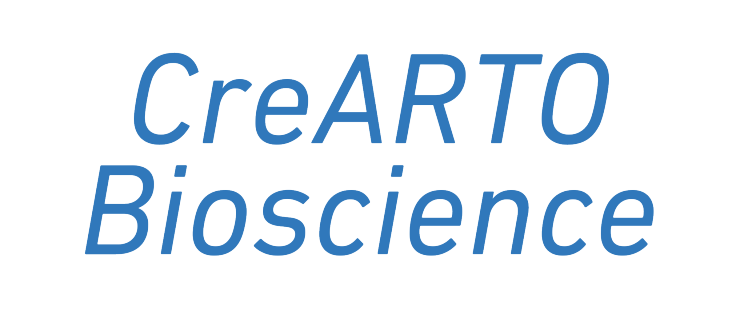
CreARTO Bioscience offers a synthetic biology-based platform technology that reprograms stem cells for the treatment of metabolic diseases. The D-BSSE startup will fundamentally change the treatment paradigm for insulin-dependent patients with a synthetic biology-based platform technology. With the unique genetic software it is possible to reprogram stem cells. This will allow CreARTO to treat metabolic diseases in a groundbreaking way using modified cells. This disruptive technology creates the opportunity to change the life of millions of patients with type 1 diabetes.
CreARTO Bioscience originates from the D-BSSE Biotechnology and Bioengineering lab led by Martin Fussenegger.
Further information no longer available. Company dissolved.

external page Myria Biosciences pioneers GEMMS (Genetically Engineered Modular Molecule Scaffolds), a new class of therapeutic molecules that combines the most important features of small molecules and biologics, the two work horses of the pharmaceutical industry, into one. Myria’s platform uses computational data mining, synthetic biology and high-throughput experimentation to design, produce and test millions of novel molecules, and provides innovative drug candidates for diseases where other drugs have failed to deliver.
Parts of the technology of Myria Biosciences originates from the D-BSSE Bioprocess Laboratory headed by Sven Panke.

external page Engimmune Therapeutics is a platform and product development company using cutting-edge technologies in the life sciences to engineer highly potent and specific therapies based on T-cell receptor (TCR) targeting of solid tumours. By applying functional high-throughput screening coupled with advanced computational methods, Engimmune addresses key efficacy and safety challenges that currently limit the full potential of TCR-T cell and soluble TCR therapeutics.
Engimmune Therapeutics originated from the D-BSSE Laboratory for Systems and Synthetic Immunology headed by Professor Sai Reddy.

Omne Possibile develops new-to-nature nucleic acids (XNA) to safely control and program the genetic makeup of biological organisms and pioneer XNA's great potential in medicine, agriculture, energy, information technology and consumer products. The global synthetic biology company brings together the key disciplines of XNA development: chemical synthesis, genetics, directed evolution of enzymes and genomes, automated design of molecules and bioproduction pathways.
Some of the technology of Omne Possibile originates from the D-BSSE Bioprocess Lab headed by Sven Panke.
Further information no longer available. Company dissolved.
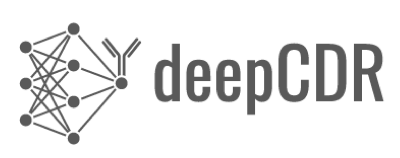
Currently, drug-developers searching for new therapeutic antibodies use time-consuming, experimental screening processes that can take years to develop candidates that are ready for clinical trials. deepCDR's co-founders Derek Mason, Simon Friedensohn, Sai Reddy, and André Mercanzini, combine gene editing, deep sequencing and machine learning to radically accelerate the therapeutic antibody discovery process. This ETH-spinoff's patented discovery workflow combines drug screening in mammalian cells with deep learning to generate thousands of optimized lead candidates at ten-times the speed of current technology, focusing on the $100+ billion monoclonal antibody market.
deepCDR originated from the D-BSSE Laboratory for Systems and Synthetic Immunology headed by Professor Sai Reddy.
Further information no longer available. In 2021, the company was acquired by Alloy Therapeutics.
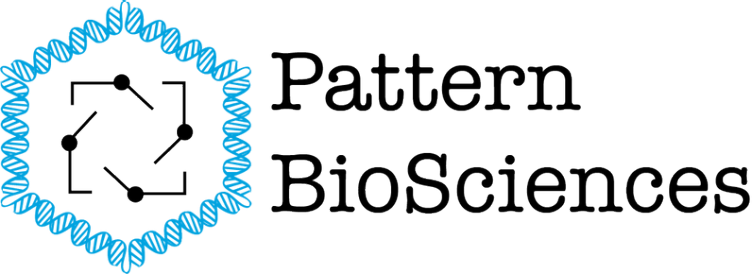
external page Pattern BioSciences uses cutting-edge synthetic biology solutions to develop next generation gene and cell therapies. Our therapies are rationally tailored to match complex disease profiles, resulting in superior efficacy and low toxicity.
Pattern BioSciences originated from the D-BSSE Synthetic Biology Group headed by former faculty member Professor Yaakov (Kobi) Benenson.

Developing tailored machine learning solutions, external page Visium closes the gap between the adoption of machine learning in the industry and the state-of-the-art algorithms developed in academia. The ETH spinoff supports clients throughout the entire cycle of a cutting-edge machine learning project, from ideation to integration and scaling.
Technical know-how from the D-BSSE Machine Learning and Computational Biology Lab of former faculty member Professor Karsten Borgwardt contributed to the foundation of Visium AG.

UniteLabs AG builds flexible, easy-to-use and affordable automation for life science research facilities. By employing latest robotic and networking technologies, the ETH spin-off has specialised in workflow automation, data integration, remote accessibility and collaborative automation.
UniteLabs AG originated from the D-BSSE Computational Systems Biology group of Professor Jörg Stelling.
More information at external page www.unitelabs.ch.
Further information no longer available. Company dissolved.

Induced pluripotent stem cells (iPSCs) and CRISPR / Cas biotechnology breakthroughs increase the need for fast screening of disease models. external page MaxWell Biosystems AG develops and distributes the most advanced electrophysiology cell-imaging platform for high-throughput assays to accelerate preclinical drug discovery, basic research, safety pharmacology and personalised medicine.
One billion people worldwide suffer from diseases of the central nervous system. However, there is a widening gap between the increasing demand for brain therapeutics and the decreasing success rate of developing new drugs. iPSC technology enables unprecedented access to human neurons for drug testing. The use of human cells has the potential to increase the number of successful drugs for neurodegenerative
diseases. However, an accurate and fast readout technology for characterising the function of iPSC-derived cells and for neural drug screening is lacking.
Founded in 2016, MaxWell Biosystems AG provides a label-free cell-imaging platform to assess the clinical potential of brain drugs with high precision. MaxWell Biosystems’ microelectrode array technology provides functional, electrophysiological readouts that augment and complement high-content imaging systems. MaxWell Biosystems' technology, which is based on micro-sensorsfabricated in CMOS technology, enables readouts with high signal quality, high resolution and high throughput.
MaxWell Biosystems AG has originated from Professor Hierlemann's laboratories.

external page Shift Cryptosecurity is an ETH Zurich spin-off company founded in October 2015. The company produces personal hardware devices to secure digital assets, or, in other words, physical keys for our digital lives. Applications include authorisation of cryptocurrency and blockchain transactions, authentication and passwords, personal identity, and document signing.
The portable and sturdy devices plug into computers and mobile phones, enabling customers to generate, store and utilise cryptographic private keys, simply and safely. Crucial secrets never leave the device, making them immune to malware on computers, mobile phones, and servers.
The first product of Shift Cryptosecurity has been on market since mid-2016 – digitalbitbox.com. It secures cryptocurrencies and provides FIDO-U2F compliant second-factor authentication. Shift devices are securing millions in value on behalf of customers in 46 countries to date. Currently the company's main product is the digital BitBox, which is a minimalist hardware wallet in a durable and portable case that is inserted into a USB port.
Shift Cryoptosecurity has originated from Professor Hierlemann's laboratories.

external page enGene Statistics is a privately owned data analytics and statistical consulting company. The company creates leading edge data analytics solutions for data-informed biomedical projects. Our work covers omics and high-throughput biomedical data, reproducible workflow design, and market access.
enGene Statistics GmbH has originated from the laboratories of Professor Paro and Professor Beerenwinkel.
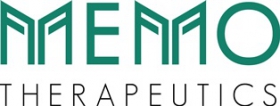
external page Memo Therapeutics develops technology platforms for high throughput isolation, characterisation, and reproduction of human and animal antibodies.
Memo Therapeutics AG (MEMO) is an innovator in the field of antibody discovery and immune repertoire analysis. The ETH Zurich spin-off was founded in 2012 and has been based in the ieLab of ETH in Zurich since 2015, where it has access to the entire ETH infrastructure.
The MemoMABTM platform allows to exploit antibody repertoires of human donors with unprecedented efficacy. MEMO’s microfluidic single
cell-based MemoMABTM platform is the only technology to date that enables biobanking and expression screening of large authentic antibody repertoires (antibodyomes) of human and animal origin. Essentially, Memo-MABTM creates a copy of the antibody producing B cells into easy to handle cells commonly used in daily laboratory practice. With MemoMABTM, antibody discovery becomes feasible with unmatched sensitivity and flexibility, translating into superior yields of candidate therapeutic antibodies. MemoMABTM differs from competing technologies in its combination of high throughput, antigen and species independence, flexibility, speed and cost efficiency. This makes it the method of choice for finding the rare human antibody, mining of human antibody repertoires and de-risking of discovery through the rapid identification of more relevant antibodies.
Further targets are currently being evaluated: one focus is the emerging field of immuno-oncology where MEMO, through its clinical / academic network has identified novel targets, and will be starting an antibody discovery programme against second generation checkpoint inhibitors, as well as target discovery in checkpoint inhibitor treated patients.
Memo Therapeutics AG has originated from Professor Panke's laboratories.

external page FGen develops and performs high throughput experiments for its customers from biotech, pharma and chemical industries. FGen was founded in 2011 and is a company that creates technologies for the high throughput phenotypic analysis of cellular libraries.
In combination with biological engineering tools, such as synthetic biology, metabolic engineering, or retrobiochemical pathway design, FGen
designs and optimises biotechnological production strains for sustainable bio-based processes.
FGen GmbH has originated from Professor Panke's laboratories.
In March 2022, FGen was acquired by Ginkgo Bioworks.

external page BioVersys AG is a multi-asset, clinical stage biopharmaceutical company focused on identifying, developing and commercializing novel antibacterial products for serious life-threatening infections caused by multi-drug resistant (“MDR”) bacteria. Derived from the company’s two internal technology platforms (TRIC and Ansamycin Chemistry), candidates are designed and developed to overcome resistance mechanisms, block virulence production and directly affect the pathogenesis of harmful bacteria towards the identification of new treatment options in the antimicrobial and microbiome fields. This enables BioVersys to address the high unmet medical need for new treatments against life-threatening resistant bacterial infections and bacteria-exacerbated chronic inflammatory microbiome disorders. The company’s most advanced research and development programs address nosocomial infections of Acinetobacter baumannii (BV100, Phase 2), and tuberculosis (alpibectir, Phase 2a, in collaboration with GlaxoSmithKline (GSK) and a consortium of the University of Lille, France). BioVersys is located in the biotech hub of Basel, Switzerland.
BioVersys AG has originated from Professor Fussenegger's laboratories.

Founded in 2009 as a spin-off company, the privately held company external page InSphero AG is headquartered in Schlieren, Switzerland with subsidiaries in the United States and Waldshut, Germany. It has been recognised for its scientific and commercial achievements with several national and international awards. InSphero aims at creating a healthier society by enabling life science companies to invent novel compounds in a safer, more efficient, faster, and animal-free way.
InSphero advances 3D cell-culturebased technology to deliver more biologically relevant insights for in vitro testing and sets the global gold standard for advanced, yet easy-touse 3D tissue-based assay solutions for predictive compound classification.
The company’s customers in the pharmaceutical, biotech, cosmetics, chemical and environmental industries rely on robust, convenient and internationally recognised solutions to make informed decisions during discovery and development. Its robust and highly physiologically relevant suite of 3D InSight™ Microtissues and Services are used to increase efficiency in drug discovery and safety testing. InSphero patent-pending technologies and methods enable large-scale, reproducible production of scaffold-free 3D microtissues driven solely by cellular self-assembly. The company specialises in delivering assay-ready and custom 3D models derived from liver, pancreatic islet, and tumour tissues, to provide unrivalled biological insight into liver toxicology, metabolic diseases, and oncology.
InSphero AG has originated from Professor Hierlemann's laboratories.
Zurich Instruments AG (founded in 2008)
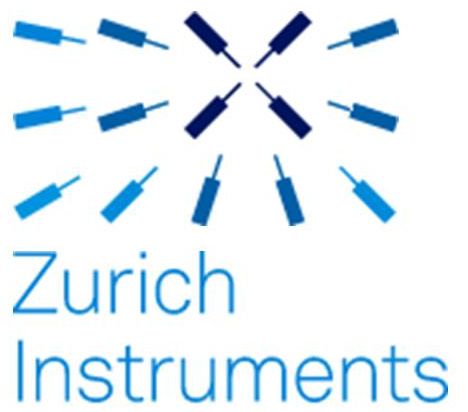
external page Zurich Instruments is a test and measurement company based in Zurich, Switzerland (headquarters), developing and selling measurement instruments and delivering customer support in key markets around the world, either directly or with carefully selected partners. The core offering includes lock-in amplifiers, phase-locked loops, arbitrary waveform generator, impedance analysers, digitisers and boxcar averagers.
Zurich Instruments' vision is to revolutionise instrumentation in the high-frequency (HF) and ultra-high-frequency (UHF) range by
incorporating the latest analogue and digital technology into powerful measurement systems for unprecedented functionality. Best-in-class
performance, differentiating features, new measurement solutions, and premium customer support complete the unique offering.
Founded as a spin-off in 2008 Zurich Instruments and D-BSSE have developed together instrumentation for electrical impedance spectroscopy, especially for single-cell analysis in microfluidic systems. During this collaboration, two multi-frequency platforms were developed, the HF2 for the 50MHz frequency range, and the UHF for a frequency range up to 600MHz. Both product platforms, the HF2 and the UHF, were successfully commercialised. To date more than a thousand units have been sold worldwide.
Zurich Instruments AG has originated from Professor Hierlemann's laboratories.






